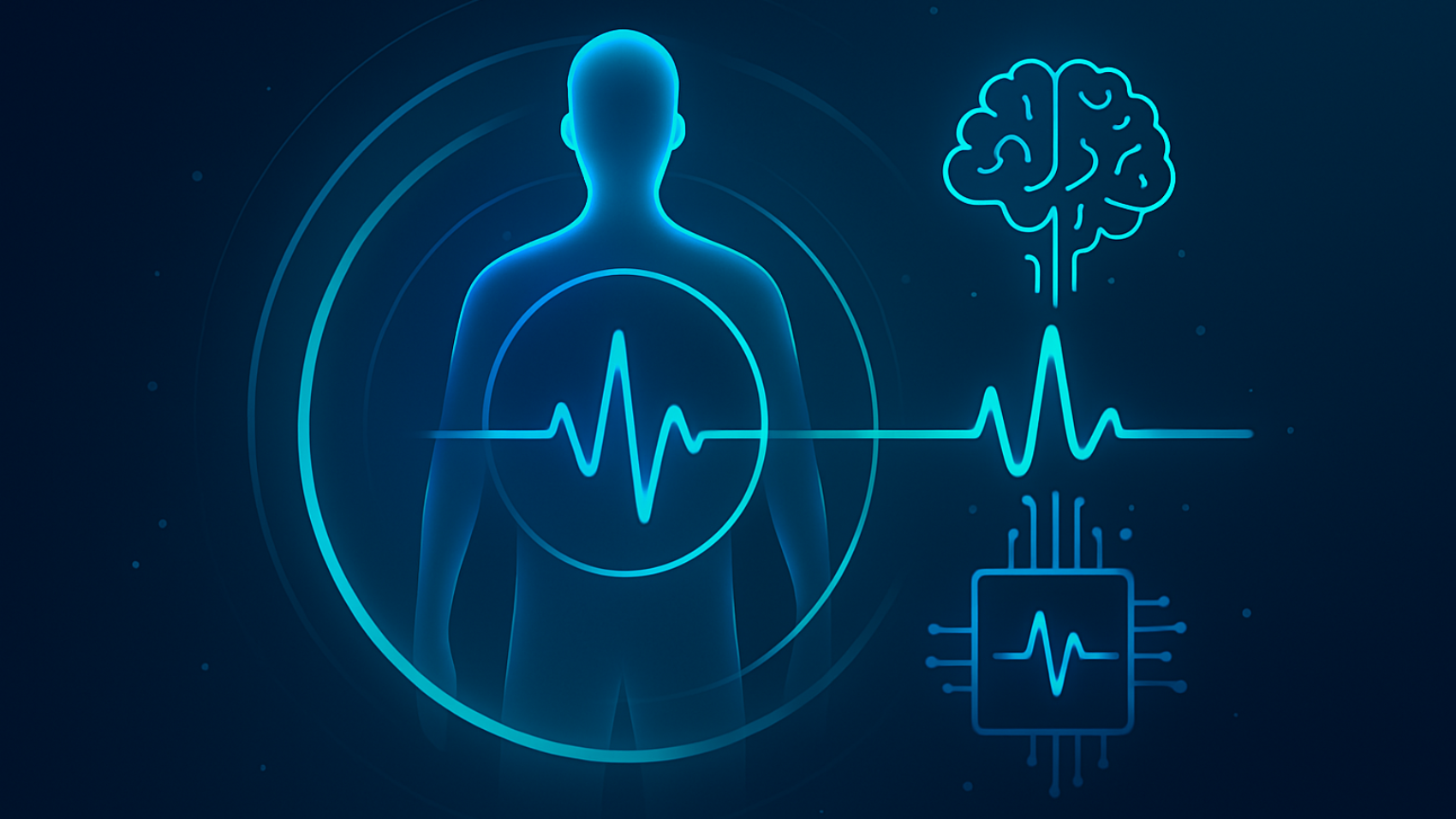✅ Introduction: Why Health Metrics Matter
Imagine being able to track your health like a bank statement, where every data point tells a story about your body. That’s exactly what health metrics do.
Whether you’re managing chronic conditions, trying to lose weight, or simply aiming to stay fit, health metrics give you measurable insights to make smarter decisions about your wellness journey.
In today’s digital age, from wearables to AI-powered apps like Health Audit X, tracking your vital signs and health indicators has never been easier or more important.
🧠 What Are Health Metrics?
Health metrics are quantifiable data points that help assess the state of your physical and mental well-being. They include things like:
- Blood Pressure (BP)
- Heart Rate (Pulse)
- Blood Sugar Levels
- BMI (Body Mass Index)
- Oxygen Saturation (SpO₂)
- Cholesterol Levels
- Body Temperature
- Respiratory Rate
- Sleep Quality
- Stress Levels
These metrics act as warning signs or green lights — helping you detect health risks early and improve lifestyle habits.
📋 Types of Health Metrics You Should Track
Let’s break it down into categories:
| Category | Health Metrics |
| Vital Signs | Blood pressure, pulse rate, respiratory rate, temperature |
| Metabolic Metrics | Blood sugar, insulin levels, cholesterol, BMI |
| Fitness Metrics | VO₂ max, steps per day, calories burned, heart rate variability |
| Nutritional Metrics | Protein intake, hydration levels, micronutrient levels |
| Mental Health | Stress levels, sleep quality, mood tracking |
| Reproductive Health | Hormone levels, menstrual cycle analysis |
Tracking these gives you a 360° view of your health.
📱 How to Monitor Health Metrics Effectively
You don’t need to visit a clinic for every update. Here’s how you can monitor them efficiently:
🔹 1. Wearable Devices
Smartwatches and fitness trackers like Fitbit, Apple Watch, and Garmin continuously track your steps, sleep, pulse, and more.
🔹 2. Health Audit X
A smart tool to analyze lab reports, symptoms, and personal health data — giving you actionable insights and recommendations.
🔹 3. Mobile Health Apps
Apps like MyFitnessPal, HealthifyMe, and Samsung Health track everything from calories to hydration levels.
🔹 4. Regular Checkups & Lab Reports
Combine digital tools with professional medical checkups for accurate, complete data.
📈 Why Tracking Health Metrics Is Important
Here are 5 key reasons to start monitoring your health data:
| Benefit | Description |
| Early Disease Detection | Spot warning signs before symptoms worsen |
| Personalized Wellness Plans | Tailor diet, workouts, and supplements |
| Motivation to Stay Fit | See real progress over time |
| Improved Doctor Communication | Share accurate data for faster diagnoses |
| Chronic Condition Management | Track fluctuations in conditions like diabetes, hypertension |
By monitoring the right health indicators, you’re not just living — you’re living smarter.
📊 Sample Chart: Weekly Health Metric Tracker
Here’s an example of how your health data could be tracked over a week using a digital health platform like Health Audit X:
| Day | Heart Rate (bpm) | Steps | Sleep (hrs) | Stress Level (1–10) |
| Monday | 75 | 6,000 | 6.5 | 7 |
| Tuesday | 70 | 8,000 | 7.0 | 5 |
| Wednesday | 80 | 5,500 | 5.5 | 8 |
| Thursday | 72 | 7,200 | 7.5 | 4 |
| Friday | 78 | 6,800 | 6.0 | 6 |
| Saturday | 68 | 9,500 | 8.0 | 3 |
| Sunday | 70 | 10,000 | 8.5 | 2 |
🧬 Health Audit X: Your Personalized Health Metric Dashboard
Health Audit X is an AI-powered platform that lets you:
- 🧾 Upload lab reports (PDF/CSV/Image)
- 📉 Analyze your medical metrics in seconds
- 🧠 Get AI-generated insights on your health risks
- 🥗 Receive personalized diet, fitness, and lifestyle plans
- 📊 Track progress with smart visualizations
It’s your digital health assistant, guiding you toward a healthier life — backed by real data.
👉 Try it at healthauditx.com
💡 Pro Tips to Improve Your Health Metrics
- Drink 8+ glasses of water daily 💧
- Get 7–8 hours of sleep 😴
- Walk 10,000 steps a day 🚶
- Eat balanced meals with fiber, protein, and vitamins 🥗
- Manage stress through meditation, yoga, or journaling 🧘
- Get routine health checkups 🏥
🌐 Final Thoughts: Health Metrics Are Your Body’s Dashboard
Think of health metrics as your body’s dashboard — each indicator telling you how your engine is running.
With AI tools like Health Audit X, you can stop guessing and start understanding your health in depth.
Your health is measurable. Your future is preventable.
Start tracking today, and unlock the power of personalized health.


